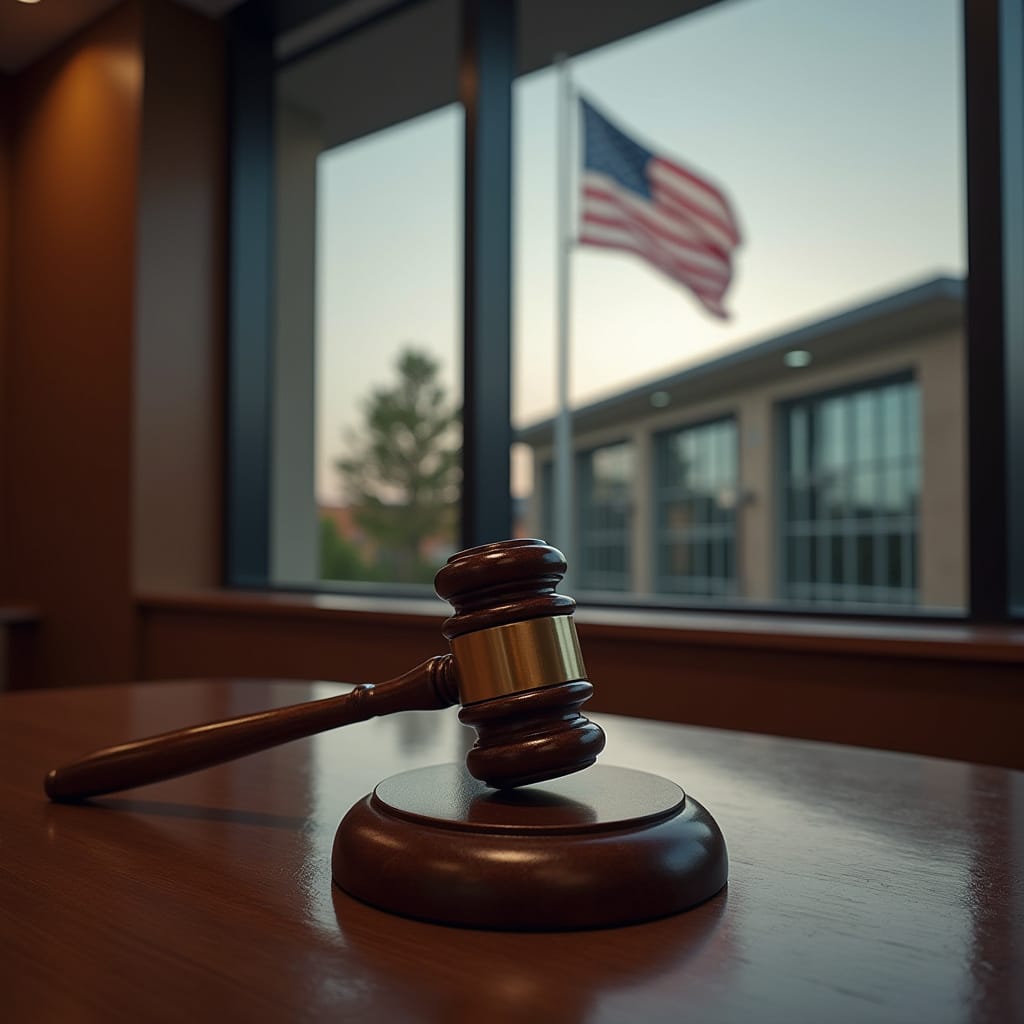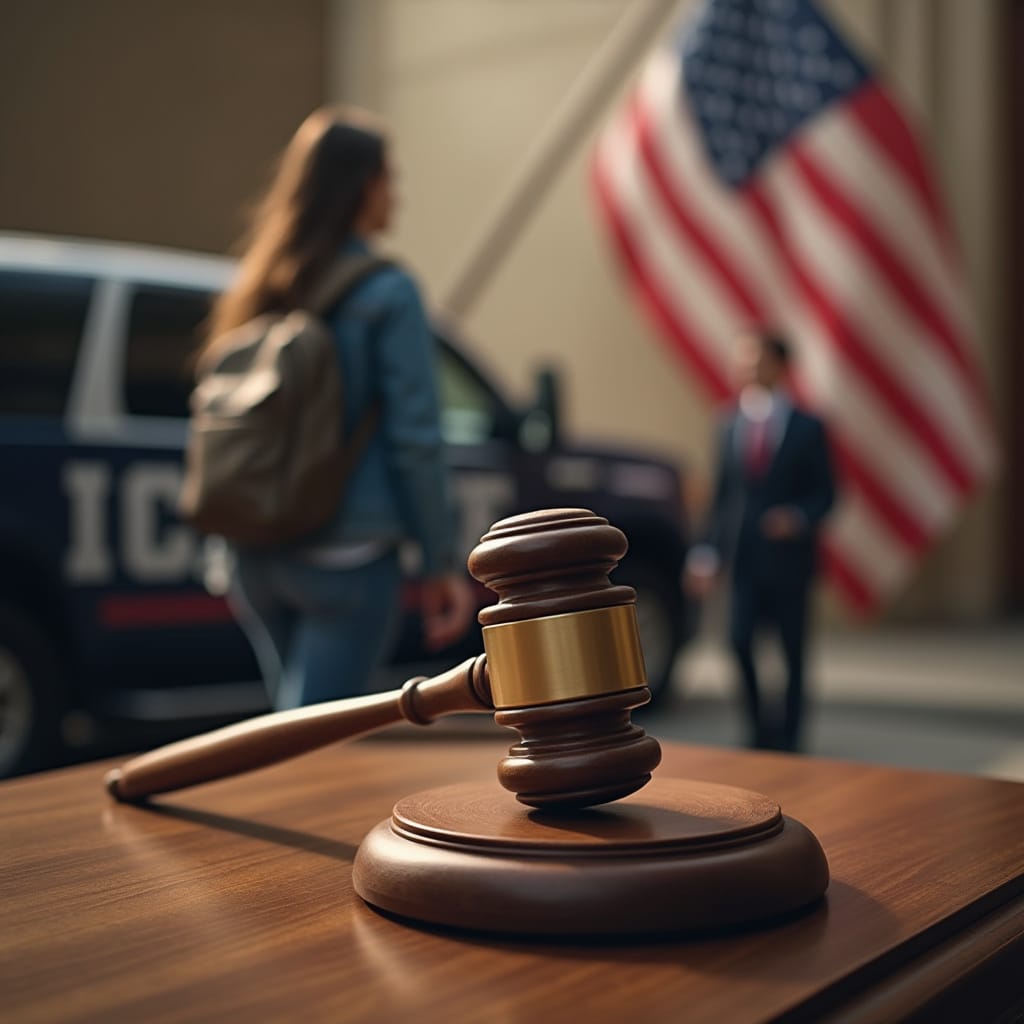Arkansas Faces Federal Lawsuit Over Book Bans in Public Libraries
Arkansas is now at the center of a legal firestorm after civil rights groups filed a federal lawsuit challenging the state’s efforts to ban certain books from public libraries. The plaintiffs argue that recent legislation aimed at restricting access to “harmful” or “obscene” materials violates the First Amendment and unfairly targets books related to race, gender identity, and sexual orientation.
Can the government decide what books are too dangerous for the public to read? That’s the question driving this case. The lawsuit claims the state’s new law is overly vague and gives local officials too much power to remove books based on political or moral objections. Plaintiffs include librarians, parents, authors, and advocacy groups who say the law is being used to silence specific viewpoints under the guise of protecting children.
According to the complaint, the law doesn’t just allow censorship — it demands it. Librarians and educators face criminal penalties for making certain books available, even if those materials have long been considered age-appropriate or educational. In effect, the lawsuit argues, the state is punishing people for doing their jobs.
Who gets to decide what’s appropriate? That question lies at the heart of the First Amendment. The Constitution doesn’t allow the government to suppress ideas just because they’re unpopular or controversial. The plaintiffs say Arkansas is crossing a constitutional line by weaponizing vague language to remove books that discuss topics some lawmakers simply don’t like.
Supporters of the law claim they’re protecting minors from explicit content. But critics say that justification is often a smokescreen for broader ideological censorship. Many of the targeted books are written by or about LGBTQ+ people, people of color, or historical events that challenge dominant narratives. The lawsuit argues that banning these books erases vital perspectives and denies young readers access to diverse ideas.
What’s at stake if the court sides with Arkansas? Legal scholars warn it could create a chilling effect nationwide, where librarians and educators feel forced to self-censor to avoid punishment. If states are allowed to criminalize book access based on shifting political winds, the freedom to read — and the freedom to teach — could erode quickly.
This case goes beyond book titles. It’s about whether the government can control the flow of information in a public space. Libraries have long been defended as places of open inquiry, where communities can access all kinds of knowledge, not just what those in power approve.
If the lawsuit succeeds, it could stop similar efforts in other states and reaffirm long-standing legal protections for public education and free speech. But if Arkansas wins, expect more challenges to follow — not just in libraries, but in schools, universities, and anywhere knowledge is exchanged.
In a democracy, ideas must be debated, not banned. The courtroom may now decide whether Arkansas forgot that.




